No products in the cart.
Anxiety: Is Your Dog A Nervous Nellie?
Anxiety: Is Your Dog A Nervous Nellie?
- BADDogs Inc
Is your dog a nervous Nellie? More and more dogs come to us with all kinds of anxiety problems, and their people are frankly confused about how that can be. After all, we feed great food, provide a warm and safe place to live, and give as much love and attention as possible. What is my dog anxious about? What’s behind anxiety in dogs?
Great question! But first, lets take a look at what “anxious” really is. A common definition is “experiencing worry, unease, or nervousness, typically about an imminent event or something with an uncertain outcome.” So anxiety is basically a state of fear about nothing in particular, a general sense of dread, what you might feel if something pretty awful could happen at any time. So asking what your dog is anxious about won’t get us anywhere, since anxiety has no specific triggers.
Anxiety can happen in a flash,
in the wake of a sudden traumatic event. A trip to the dog park that ends up in an unexpected thrashing can produce ongoing anxiety. Being involved in an automobile accident can trigger anxiety. Being re-homed can certainly bring on a huge case of anxiety.
But anxiety, in our view, is most often a result of chronic exposure to stress. We all know about stress. It’s in the news and is a regular topic of conversation among humans. How do we deal with stress? What are our favorite stress reducers? How do we reduce our exposure to stressful situations?
So we look at our well-loved, well-fed, safely-housed and otherwise healthy dog and wonder how that anxiety came about. Here are some ideas:
- Anxiety may be “born”. Pregnant moms who are anxious or genetically predisposed to anxiety can pass that trait along to their pups.
- Anxiety may be “learned”. Pups raised by anxious moms may develop anxiety. Pups raised with anxious adult dogs can become anxious; remember, pups model adult behavior just the same way human kids do!
- Anxiety may follow the single, traumatic incident (we talked about this above!)
- Anxiety may result following long-term exposure to stressful situations. Lack of sleep, safe housing or proper nutrition can contribute to anxiety
- Anxiety may result from erratic routines. Most dogs enjoy structure and predictable environments, and can develop anxiety if things are too chaotic (from their perspective!)
- Anxiety may come on with pain, disease or aging. Dogs are not “self-aware” as humans are, so can’t know that the bad emotional feeling is related to physical unwellness. As dogs progress into senior-hood, their senses and abilities change in ways they don’t expect or understand. So from their perspective, the familiar world around them is changing in disturbing ways!
- Anxiety may result from excessive impulsive behavior. Young dogs who are “hyper” can progress to anxiety. Fence-fighting and other arousal control issues can also be a precursor to anxiety.
And lots of others!
If your dog displays anxious behavior, please get them a complete medical work up at the vet’s to rule out painfulness or disease. Once medical and physical causes are ruled out, a good behavioral work up should follow! We can help you identify your dog’s anxious behaviors, find the causes, and help you arrive at the best solution. Give us a call at (951) 847-7010, and we can help you come up with a great plan to help your nervous Nellie chill!
Share This Post?
Facebook
Twitter
Pinterest

Recent Articles
About Author
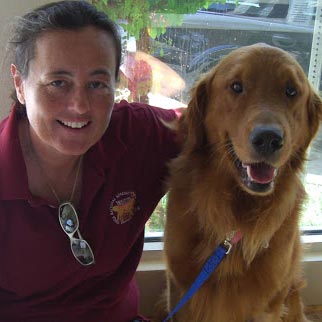
Barbara Davis
I’ve been working with dogs and their people for more than 30 years! I’m certified in dog training by the Certification Council for Professional Dog Trainers, and certified as a Dog Behavior Consultant through the International Association of Animal Behavior Consultants (I’m also a founding member, currently Chair of Dog Division and serve on the faculty of their behavior consulting program, Animal Behavior Consulting: Principles and Practice). I’m also certified in training and behavior by the Association of Animal Behavior Professionals, and serve on their advisory board. I’m pleased to participate as an AKC CGC/S.T.A.R. Puppy program as an Evaluator.
Information
Featured Products
-
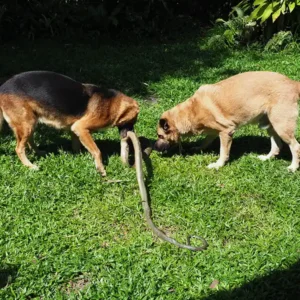 Rattlesnake Avoidance Training Through Positive Reinforcement
$195.00 – $325.00Rated 0 out of 5
Rattlesnake Avoidance Training Through Positive Reinforcement
$195.00 – $325.00Rated 0 out of 5
Products
-
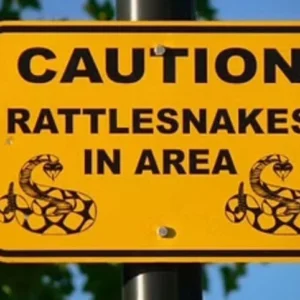 Hazard Avoidance Training
$125.00 – $295.00Rated 0 out of 5
Hazard Avoidance Training
$125.00 – $295.00Rated 0 out of 5 -
 Rattlesnake Avoidance Training Through Positive Reinforcement
$195.00 – $325.00Rated 0 out of 5
Rattlesnake Avoidance Training Through Positive Reinforcement
$195.00 – $325.00Rated 0 out of 5 -
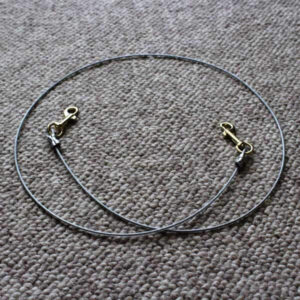 Teenie Tethers
$10.95 – $12.95Rated 0 out of 5
Teenie Tethers
$10.95 – $12.95Rated 0 out of 5 -
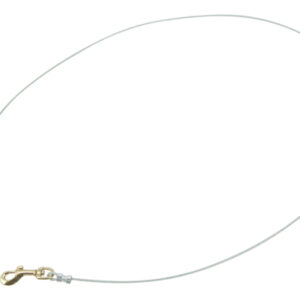 Trainer Packs by Pet Tethers
$50.00 – $75.00Rated 0 out of 5
Trainer Packs by Pet Tethers
$50.00 – $75.00Rated 0 out of 5
